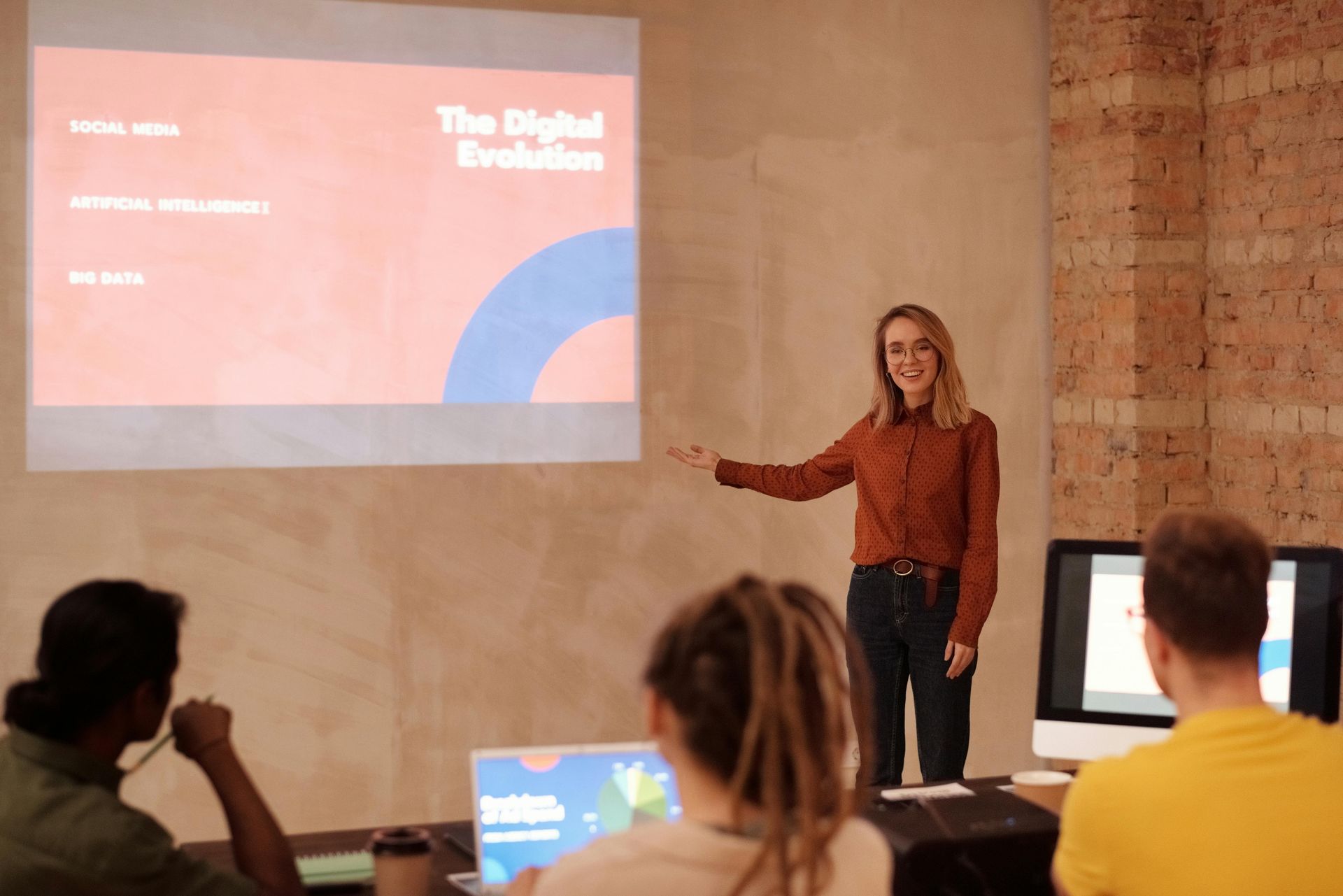AI Development
AI Development Solutions for the Future
At the forefront of innovation, our AI development team specializes in creating intelligent, data-driven solutions that empower businesses to achieve new levels of performance and efficiency. With deep expertise in machine learning, deep learning, and natural language processing, we design AI models that solve complex problems and unlock valuable insights.

Skilled in Probability and Statistics
Elevate your AI endeavors with our talented AI engineers. Their firm grasp of probability and statistics enables them to construct robust AI models like Hidden Markov, Naive Bayes, and Gaussian Mixture. Moreover, they ensure seamless model performance.
Expertise in Distributed Computing
With more and more companies turning to mobile technology, your business must be accessible through every channel. Offshore mobile app development solutions give access to an entirely new market and audience.
Specialized in AI Models
Mobile app development increases your business visibility by giving users an easy-to-find, interactive place on their phones to find everything they need about your business.
Our Approach to Code Quality
At the core of our development process, we prioritize code quality, implementing stringent testing, detailed reviews, and industry-best practices to deliver software that excels in both functionality and longevity.

Ensuring Best Practices in Code
- Using descriptive variable names and in-code comments for better readability and maintainability.
- Comprehensive documentation for every codebase, ensuring clarity and ease of future updates.
Unit Testing
- Integrating continuous integration tools to automatically run unit tests on new code submissions, ensuring immediate feedback on code integrity.
- Utilizing test-driven development (TDD) practices to encourage the creation of tests before writing code, leading to more robust and error-free components.
Code Review Practices
- Incorporating automated code scanning tools to detect vulnerabilities and code smells before manual review, streamlining the review process.
- Establishing a peer review culture where developers are encouraged to provide constructive feedback, promoting knowledge sharing and collaborative improvement.
Code Quality Metrics
- Adopting complexity metrics to identify overly complex code that may be harder to maintain and test, aiming for simplicity and readability.
- Tracking technical debt metrics to quantify the cost of rework associated with quick fixes versus proper solutions, guiding towards long-term code health.







